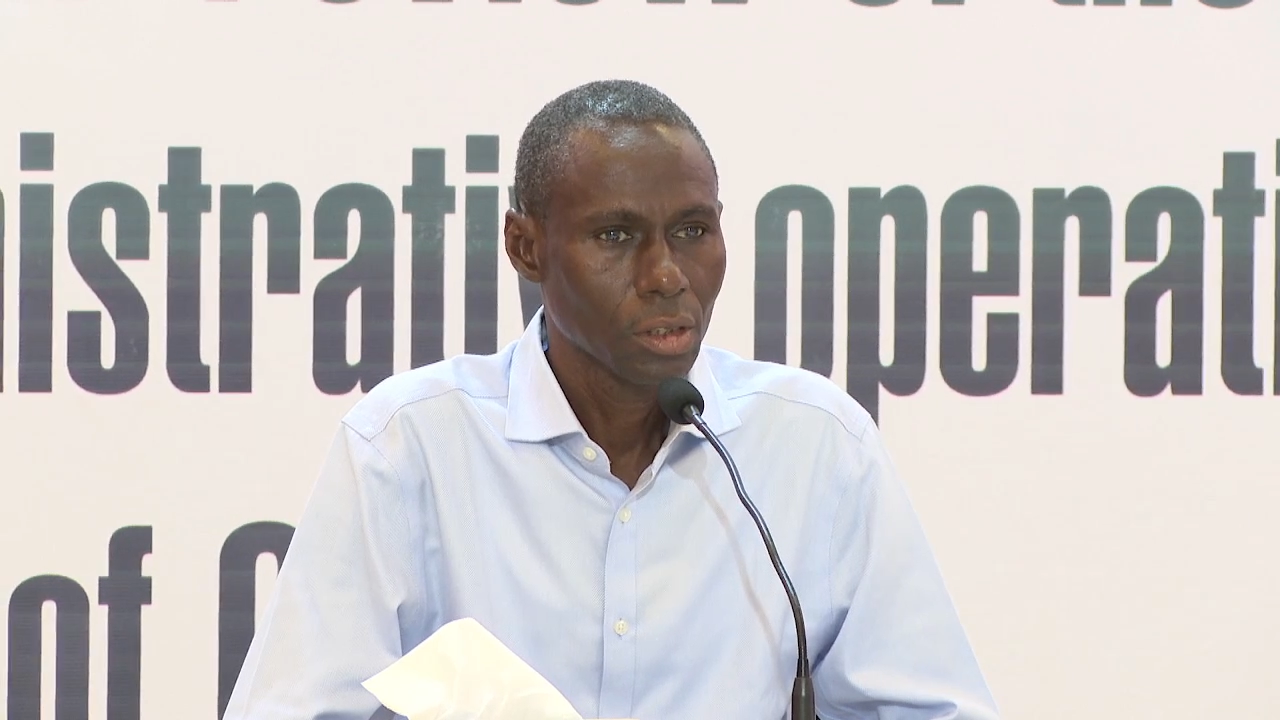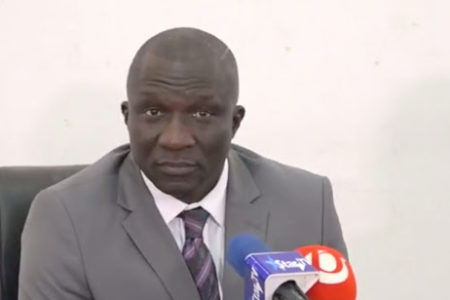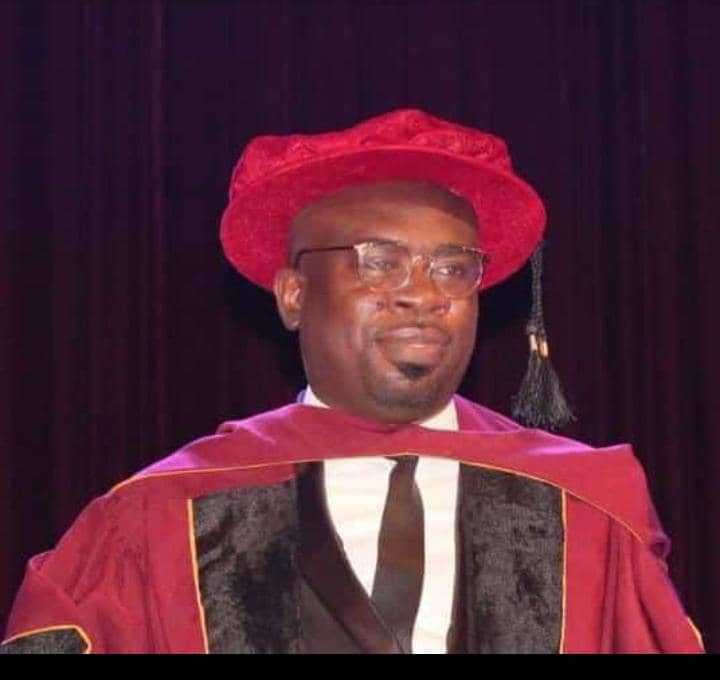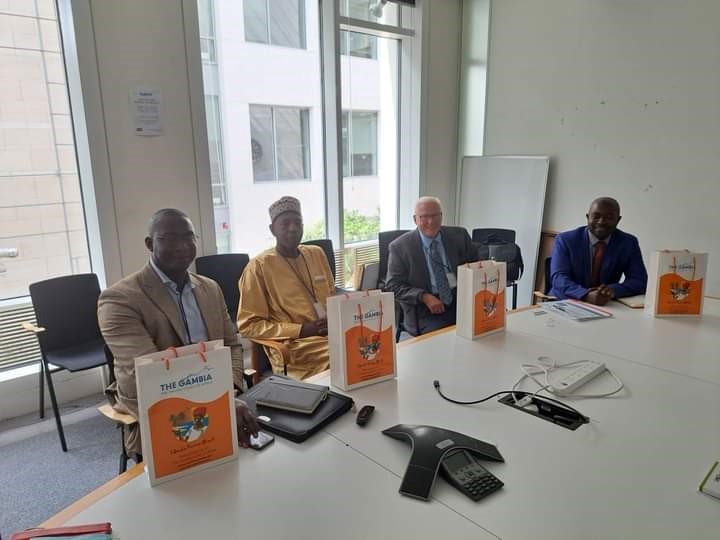By Mama A. Touray
The chairman of the Local Government Service Commission (LGSC) at the Ministry of Local Government, Lands and Religious Affairs on Wednesday appeared before the Local Government Commission of Inquiry.
Momodou Jallow gave his testimony at the ongoing LG Commission of Inquiry held at Djembe Hotel in Senegambia.
The witness, after taking the oath, was shown his statement which he confirmed as evidence, while it was tendered by Counsel Yakarr Cox before the Commission and admitted in evidence by Chairperson Jainaba Bah Sambou.
Momodou Jallow, the chairman of the LGSC was one time a collector at the Basse Area Council and served at Kerewan Area Council as treasurer and Brikama Area Council respectively.
In his testimony before the Commission he said before the 1997 constitution, the area council staff were probably not highly educated staff but they have very dedicated staff despite they didn’t have that high level of education they were providing services and development to the council.
He continued that before the 1997 constitution councils were able to establish schools amongst other things and during that period there was close monitoring in area councils. And that there was a vibrant inspection unit at the Ministry of Local Government, Lands and Religious Affairs monitoring local councils, which he said did help.
He went on to say they were even feared, when it is announced that inspectors are coming, saying units will put their house in order, and that also helped.
The Chairman added that as a council, the planning and development committee is responsible for the formal coordination of development projects from the ward to the council, the ward committee consists of one male and one female of the different village committees and it’s chaired by the elected ward councilor.
“If they do so, it will not be in line with the decentralization objective which is to ensure participation of people, when people are not involved in designing their projects if they don’t have a say on how their monies are been used that defeats the purpose of the decentralization,” he told the Commission.
More so, Chairman Jallow said he was the Director of Governance at the Ministry of Local Government Lands and Religious Affairs and that when took over, he realized that the policy is absolute.
“There was a policy but it was not accompanied by an implementation plan which made implementation very difficult. Then we write a project proposal and send it to UNDP for possible funding. We held a series of consultations and they funded the project. The consultant was recruited, evaluations were done and the final selection of the contract and later the validated was prepared and it was sent to the cabinet and was later approved by the cabinet,” he explained to the Commission.
Mr. Jallow, in his testimony, said before the policy was even approved, it took two years. The second year of implementation was supposed to be implemented from 2015 to 2019 but it was approved in 2016 so there was a gap and funding the activities of the implementation plan was costly.
“The monitoring and inspection were better then than now because the staff at the inspectorate unit were staff that was removed from the directorate of governance. They have that experience on monitoring and inspection but unfortunately, none of those are there now (they retired),” he said.
At the Ministry, he said, the Permanent Secretary decided what goes to the Commission, what not, and when to send any issue to the Commission.




